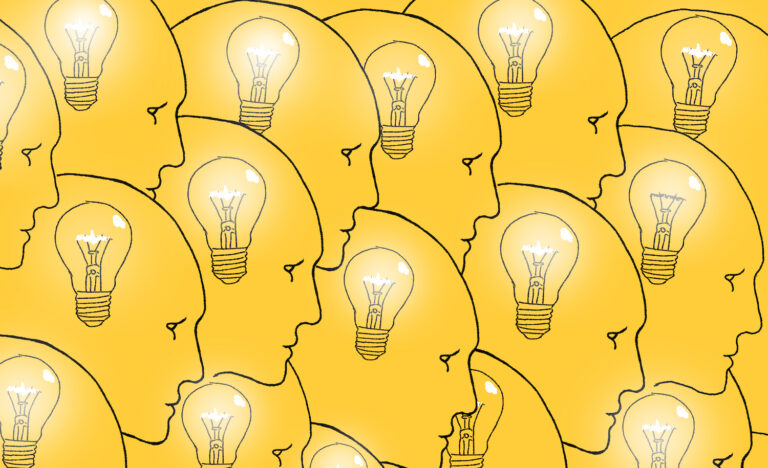The Highly Sensitive Person’s Guide to Anxiety and Depression
There’s no “one-size-fits-all” solution to anxiety and depression. Instead, here’s what actually works, according to experts.

There’s no “one-size-fits-all” solution to anxiety and depression. Instead, here’s what actually works, according to experts.

Highly sensitive people may respond to stress in a very different way than other people — physically as well as mentally.

Your attachment style helps determine how healthy (and happy) your relationships are — and there’s a lot you can do to change it.

Does being a highly sensitive person make you more prone to chronic illness and chronic pain? Here’s what the research says.

HSPs may get worse sleep quality and be at higher risk of insomnia. Is there a way to change that?

Scientists have a new way of identifying the genes behind personality traits — and it might have just revolutionized the study of HSPs.

The higher your IQ, the more likely you are to fit the characteristics of a highly sensitive person.

Does your favorite morning beverage leave you feeling jittery or anxious? You might be a highly sensitive person.

HSPs and autism overlap, but brain science reveals a world of difference between them.

If it feels like your highly sensitive brain never “shuts off” and stops thinking deeply, you’re right — it doesn’t!

Elaine Aron’s SPS is just one of four theories researchers are pursuing — and all four may be pieces of the same puzzle. What can HSPs learn from them?

Are you a super feeler, a super sensor, or an ‘aesthete’?
Join the HSP Revolution. One email, every Friday. Our best posts.